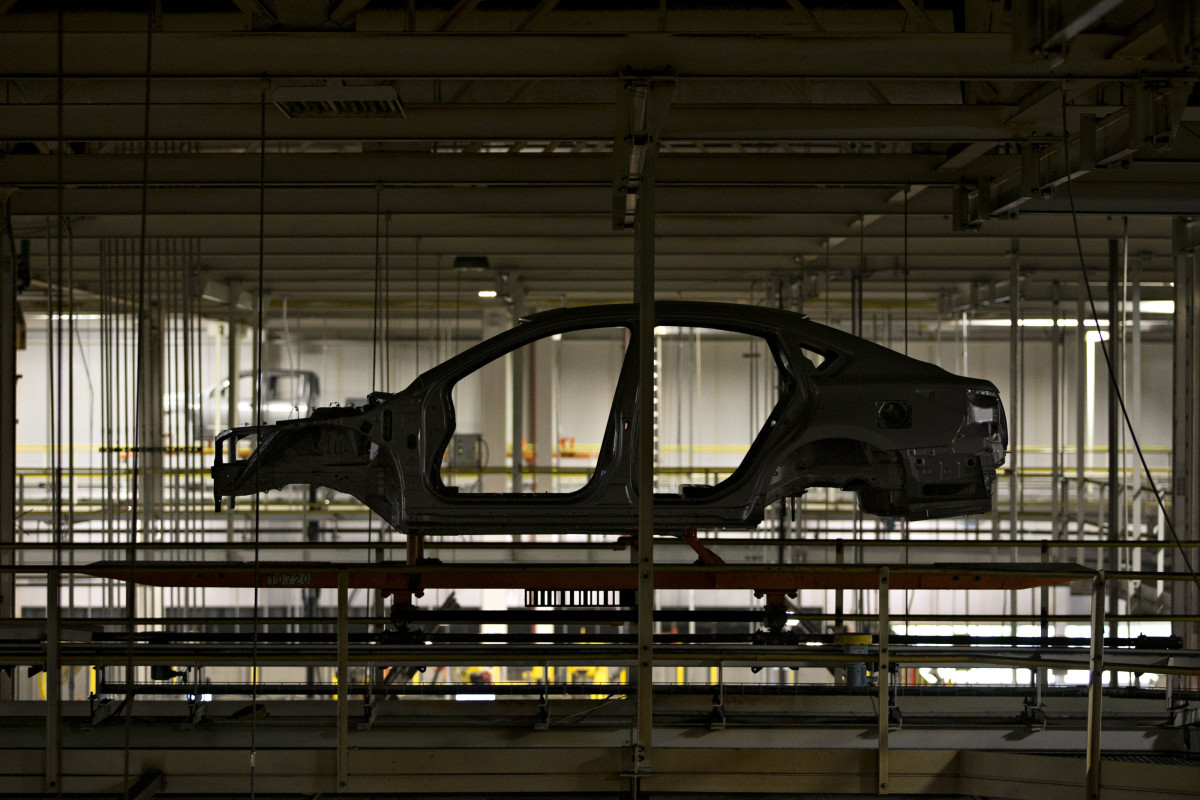Electric Sedans Are Out

Nissan has officially halted plans to roll out two new electric sedans in the U.S., one under its own brand and the other for Infiniti. These electric vehicles were initially slated to come off the assembly line at Nissan’s plant in Canton, Mississippi, with their market debut originally scheduled for 2026 and 2027. However, recent leaks from internal memos and Nissan’s public confirmation indicate those plans have been scrapped.
The reasoning behind this decision seems to be both economic and strategic. As the company’s North American chairman, Christian Meunier, candidly noted, “The sedan market is shrinking… we need to face reality.” Plus, high EV battery costs are pushing sedan prices above a comfortable threshold for Nissan’s core customer base, with estimates pegging them over $45,000.
The SUV Pivot

In place of the sedans, Nissan is gearing up their production line to focus on electric SUVs. This switch aligns with what American consumers are actually warming up to. According to a Nissan spokesperson, “We are delivering the right product, at the right time, in the right place, at the right price,” emphasizing how they are tuning into market needs. Nissan plans to manufacture three electric SUV models from mid-2028, catering to both Nissan and Infiniti brands.
The headline project includes an Xterra-inspired electric SUV going by the project name PZ1K, which had been initially forecast for early 2027 but is now slated for January 2028. An Infiniti version, codenamed PZ1J, would follow by May. Nissan is also developing a third electric SUV model, though details on that are still under wraps.
Market Realities

Challenges like tariffs and supply chain hiccups have troubled the auto industry, but Nissan’s pivot away from sedans appears to be a decision made possibly before these recent obstacles. They had already adjusted their sedan timeline once, back at the start of 2024, and internal hesitance has seemed to grow since that time.
Nissan remains confident about its production capabilities in the U.S., a sentiment expressed by Vinay Shahani, their head of U.S. sales and marketing. Holding a robust domestic manufacturing base means Nissan may have a leg up as they transition to SUV production amid evolving regulations and changing consumer tastes.
Wrapping Up
This pivot allows Nissan to channel resources into segments with higher demand, but it also means a long wait until their new SUV line hits the market in 2028. Their gamble on rugged electric crossovers over traditional sedans could lead to lasting success, but only time will tell if their market prediction holds true.
Tesla Tempts Buyers
AMG GT 4-Door Tease
Truck Showdown
Porsche's Retro Revival
Electric Luxury SUV